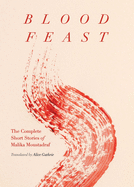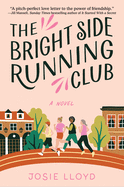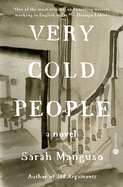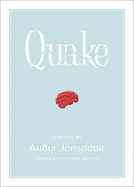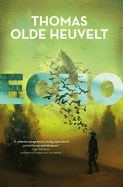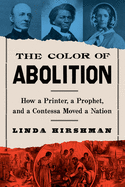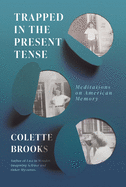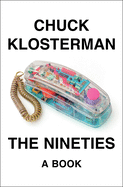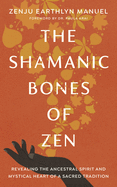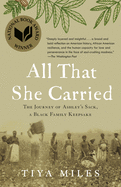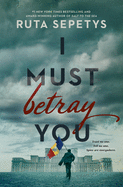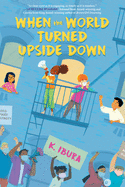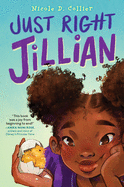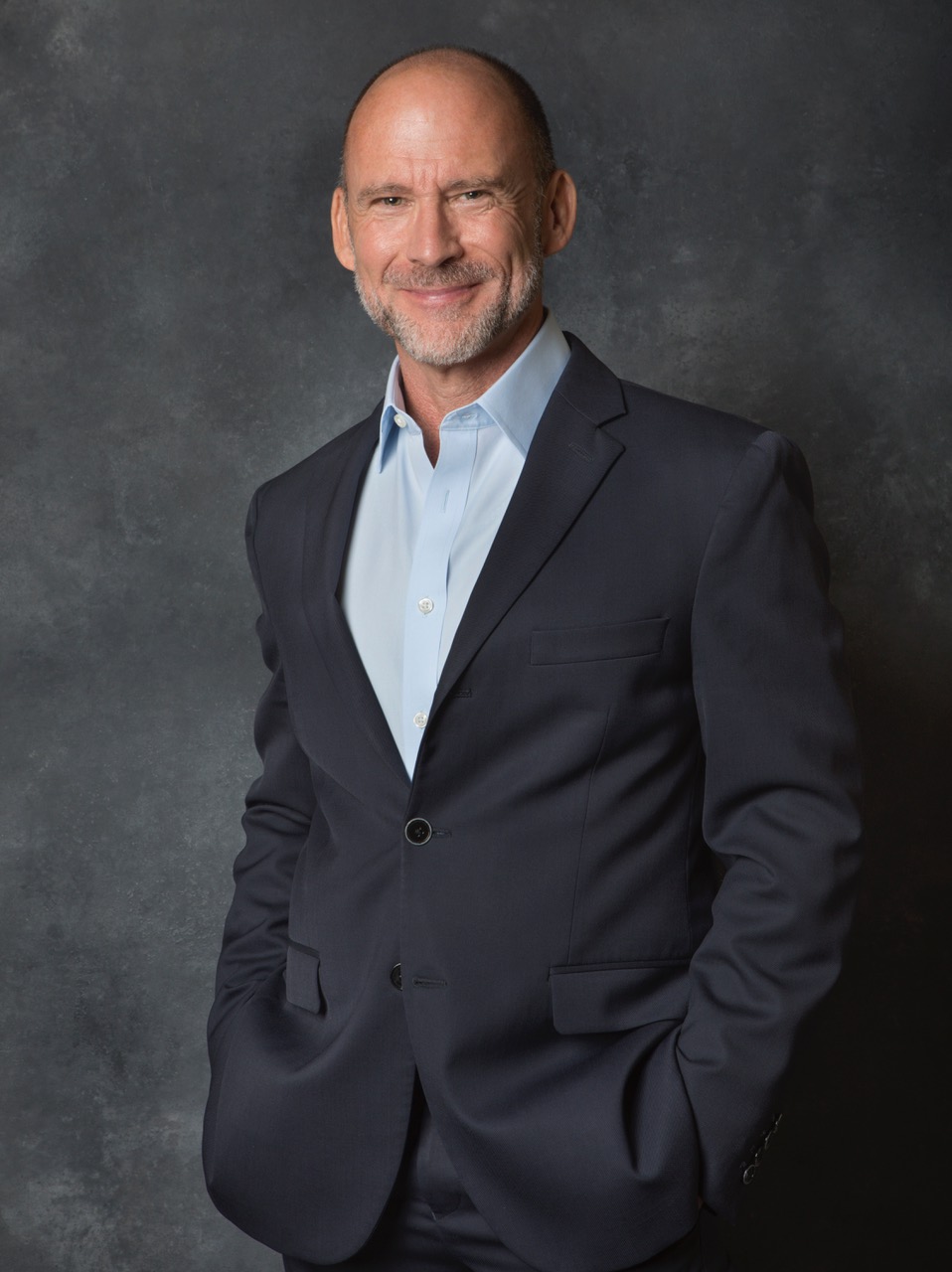 |
| photo: Walter Kurtz |
Bill Hayes is the author of How We Live Now, Insomniac City, The Anatomist and a collection of street photography, How New York Breaks Your Heart, among other books. Hayes is a recipient of a Guggenheim Fellowship in nonfiction and is a frequent contributor to the New York Times. He has completed the screenplay for a film adaption of Insomniac City, currently in the works from Hopscotch Features, and he is also a co-editor of Oliver Sacks's posthumous books. Hayes's latest book is Sweat: A History of Exercise (Bloomsbury), a brisk and eclectic survey of fitness, from ancient arenas to modern gyms.
On your nightstand now:
Just finishing neurologist and author Suzanne O'Sullivan's The Sleeping Beauties--a fascinating and provocative series of case histories on psychosomatic and so-called "mass psychogenic" illnesses (such as Havana Syndrome). Next up is one of my favorite's latest: Rebecca Solnit's Orwell's Roses. I'm almost exclusively a nonfiction reader.
Favorite book when you were a child:
James and the Giant Peach--the ultimate run-away-from-home fantasy (inside a flying peach!) and just about every other book by Roald Dahl.
Your top five authors:
Joan Didion (especially for The White Album!), Edmund White (see below), Janet Malcolm (In the Freud Archives, if I had to pick just one), Sylvia Plath (Ariel--oh, Ariel!), Susan Sontag (AIDS and Its Metaphors).
Book you've faked reading:
Books plural: A collection of first editions of the work of Charles Darwin, my late partner Oliver Sacks's greatest hero and influence. They look beautiful all lined up on a shelf--and they remind me sweetly of Oliver, who knew them practically by heart--but I've never read them all.
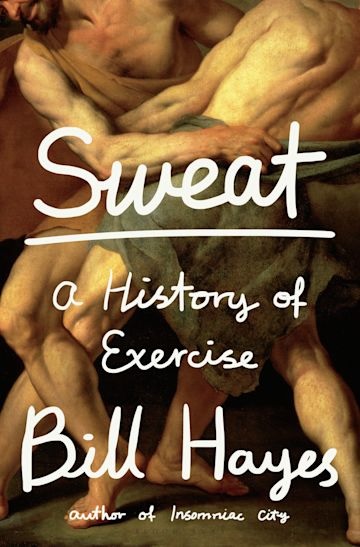 Book you're an evangelist for:
Book you're an evangelist for:
Vivian Gornick's memoir about her relationship with her mother, Fierce Attachments--it's so compressed you feel like the book could explode in your hands--and it's so elegantly, simply structured.
Book you've bought for the cover:
Sheila Heti's How Should a Person Be? But equally for its title; it must be one of the most brilliant titles--ever.
Book you hid from your parents:
Patricia Nell Warren's The Front Runner, a 1974 novel about a gay relationship between two male athletes--rare at the time. I was 13. I remember hiding it under my mattress, in my underwear drawer (gee, not too obvious!) and rereading it several times.
Book that changed your life:
Edmund White's A Boy's Own Story (it felt like my story, as so many other gay men have said) and, equally, his amazing (albeit less well-known) cross-country travel memoir, States of Desire (1980), which captured gay male life in America just before AIDS hit--the book is a time capsule from a brief, shining, sexy, sliver of time.
Favorite line from a book:
"I will be her witness." The opening line to Didion's great novel A Book of Common Prayer. I say "great." Actually, I'm not sure it is one of her greatest books--I feel her nonfiction is far stronger than her fiction--but it's one hell of a great opening line--just on the verge of camp. Classic Didion.
Five books you'll never part with:
All of Oliver's personal copies of his own books--some of which he used for readings--filled with his annotations, corrections, notes.
Book you most want to read again for the first time:
I devoured Heather Clark's brilliant recent biography of Sylvia Plath, Red Comet, a 1,000-plus-page book with the narrative drive of a thriller. I wept several times, reading that book, and gained a whole new understanding of Plath and her work. I might just read it again after finishing Rebecca's new book.
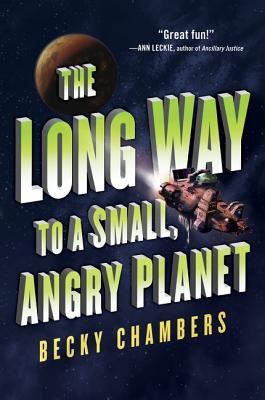 When I am browsing for a book to read, the first line determines if I will read any further (although once I bought a book based only on its title--The Long Way to a Small, Angry Planet by Becky Chambers [Harper Voyager, $17.99]--and was delighted with my recklessness). Lately I've found some books whose first lines intrigued me enough to keep going.
When I am browsing for a book to read, the first line determines if I will read any further (although once I bought a book based only on its title--The Long Way to a Small, Angry Planet by Becky Chambers [Harper Voyager, $17.99]--and was delighted with my recklessness). Lately I've found some books whose first lines intrigued me enough to keep going.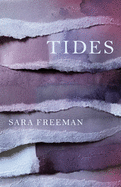 "On the long bus journey out, she doesn't cry or even have a single thought that she can name. She watches the dark impossibility of the road instead." --Tides by Sara Freeman (Grove, $26)
"On the long bus journey out, she doesn't cry or even have a single thought that she can name. She watches the dark impossibility of the road instead." --Tides by Sara Freeman (Grove, $26)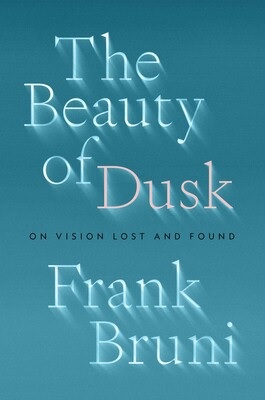 "They say that death comes like a thief in the night. Lesser vandals have the same MO. The affliction that stole my vision, or at least a big chunk of it, did so as I slept. I went to bed seeing the world one way. I woke up seeing it another." --The Beauty of Dusk by Frank Bruni (Avid Reader, $28, March 1)
"They say that death comes like a thief in the night. Lesser vandals have the same MO. The affliction that stole my vision, or at least a big chunk of it, did so as I slept. I went to bed seeing the world one way. I woke up seeing it another." --The Beauty of Dusk by Frank Bruni (Avid Reader, $28, March 1)



 Book you're an evangelist for:
Book you're an evangelist for: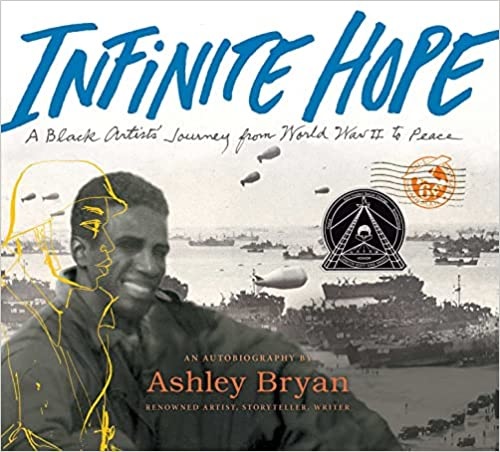 Ashley Bryan, celebrated children's book author and illustrator, died February 4, at age 98. Bryan created more than 70 children's books (all published by Atheneum Books for Young Readers) across six decades. Born in Harlem, Bryan began pursuing art as a teenager and was encouraged by his teachers to apply to art school. Although rebuffed by art schools in the city because of his race, he was accepted at Cooper Union, with its blind admissions process, and became the only African American student at that time. In 1943, he was drafted out of art school to fight in World War II, a harrowing experience he eventually chronicled in his most recent work, Infinite Hope: A Black Artist's Journey from World War II to Peace.
Ashley Bryan, celebrated children's book author and illustrator, died February 4, at age 98. Bryan created more than 70 children's books (all published by Atheneum Books for Young Readers) across six decades. Born in Harlem, Bryan began pursuing art as a teenager and was encouraged by his teachers to apply to art school. Although rebuffed by art schools in the city because of his race, he was accepted at Cooper Union, with its blind admissions process, and became the only African American student at that time. In 1943, he was drafted out of art school to fight in World War II, a harrowing experience he eventually chronicled in his most recent work, Infinite Hope: A Black Artist's Journey from World War II to Peace. 